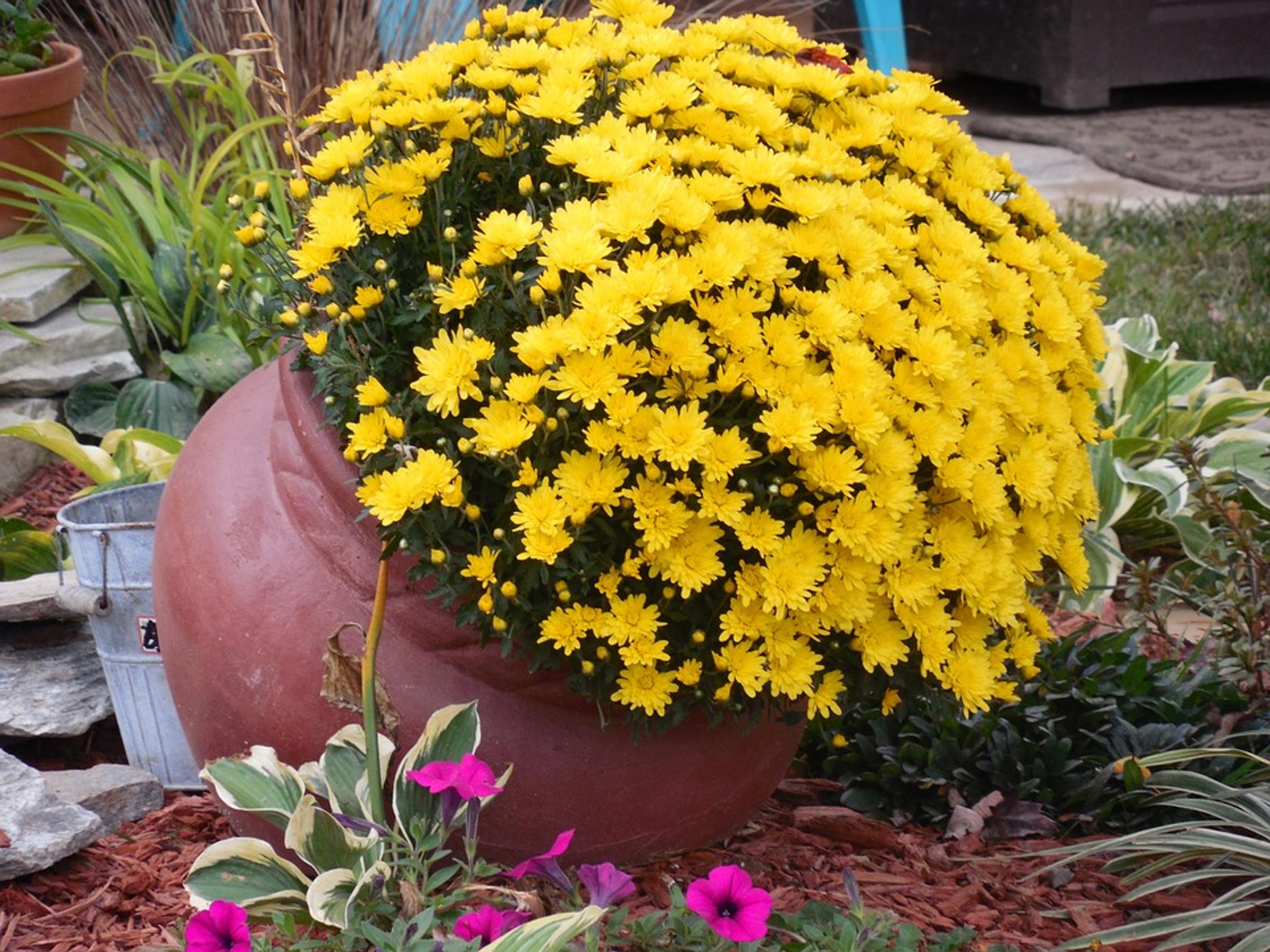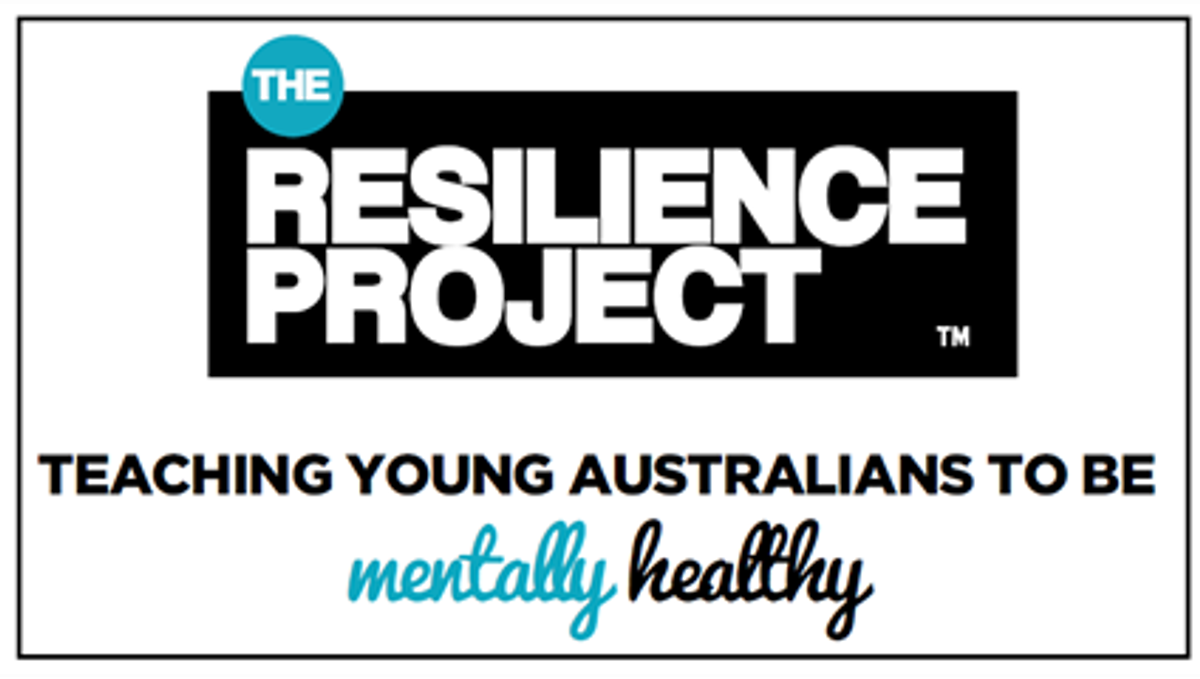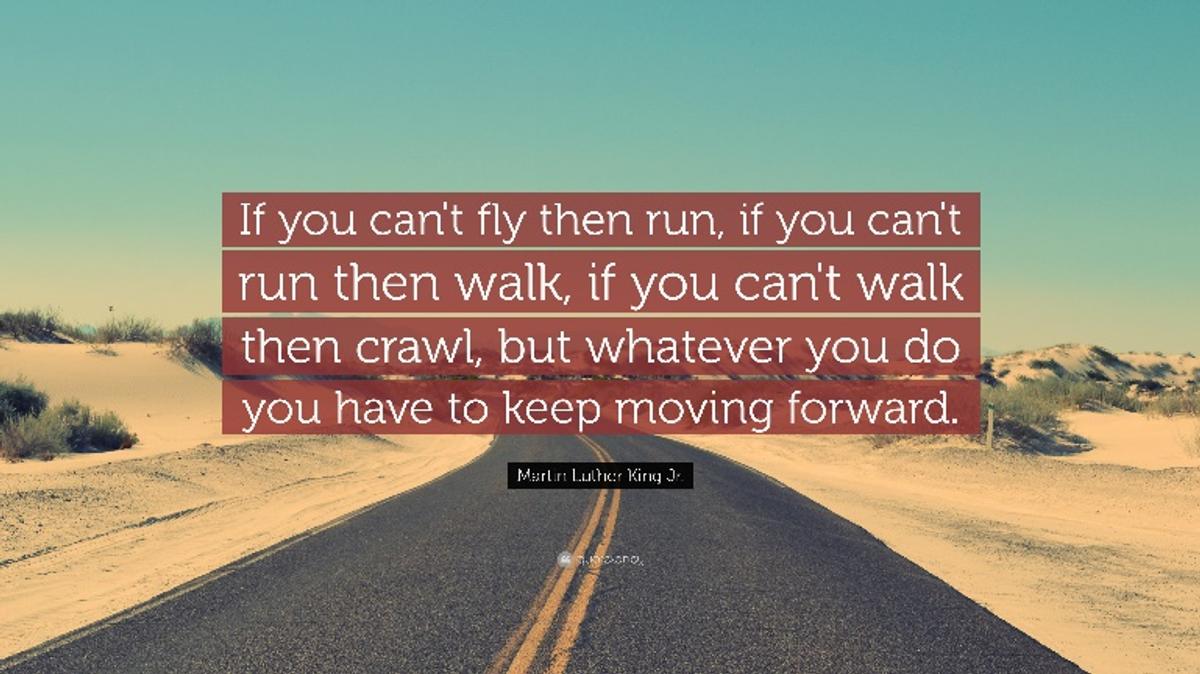Wellbeing

BeYou
BeYou is a resource for educators that promotes the mental health and wellbeing of all members of the school community, children, parents and teachers. With all the changes in the world this year, our mental health has never been more important. It is crucial for us all to build resilience to overcome adversity and setbacks.
This week’s fact sheet from the BeYou website is all about building resilience in children.
Caring and supportive relationships
Strong relationships within the family can help at times of stress or adversity. This support and security is a protective factor for children and young people’s mental health. You support healthy relationships by:
- promoting family-centred practice and reach out to families
- providing information to families on how they can support their child or young person develop resilience
- encouraging families to draw on the resources available in their community in times of need.
Research also indicates a positive relationship with at least one caring, competent adult outside of the child or young person’s immediate family is related to greater mental health and resilience. As an educator, you might develop connections with children in your learning community which are based on warmth, empathy, and respect.
Connection to diverse groups of friends is also valuable. Even very young children develop a sense of self and self-confidence through their peer relationships. You can encourage healthy relationships by:
- promoting a welcoming, friendly and safe environment
- promoting inclusion, and address bullying, sexism and racism
- role modelling perspective-taking and compassion
- celebrating diversity
- teaching the skills to work together effectively (for example, communication skills)
- requiring cooperation (for example, structuring tasks that require working in small groups)
- empowering children and young people to ask for support.
Setting high-but-achievable expectations of children and young people
Research has shown that high expectations give students the sense that educators care about them. You can assist by:
- exposing children and young people to manageable stress (for example, when you respond in a warm and sensitive manner, children and young people learn they are safe, that their needs will be taken care of and they’ll be supported with their coping skills)
- making sure that goals are achievable by breaking down large tasks or responsibilities into small steps
- asking them questions to help them solve problems and promote further learning
- scaffolding their learning and help when necessary, without taking over.
Provide opportunities for children and young people to participate
You can:
- view children and young people as capable contributors to their world (for example, by providing tasks that require a meaningful contribution, letting them make decisions and experience consequences)
- give them meaningful choices
- express your belief in their capacity to learn and contribute
- help them learn from mistakes
- teach values
- support them to express their views and listen to their views.
Covid 19 resources
There are lots of great resources available to support parents and children during the challenges we have faced this year. With 1 week of remote learning and another 3 or more for the year 3-6 children, understandably parents and children are getting tired of remote learning. This article is about building stamina in at home learning and might be helpful to parents.
https://blog.goodchildhood.org.au/2020/04/20/building-stamina-in-at-home-learning/
This is an article from the Beyond Blue website that looks at how parents can help to raise resilient children.
https://healthyfamilies.beyondblue.org.au/age-6-12/raising-resilient-children
This article provides some practical tips for parents to help raise resilient kids.
https://www.heysigmund.com/building-resilience-children/
The Resilience Project
The focus of the Resilience Project this week has been on stress, recognising the signs of stress in our body and finding positive coping strategies to help us deal with that stress. An important message is that stress is a normal and healthy part of our everyday life as long as it is not too much stress and we have some good healthy strategies in place to help us deal with that stress.
Watch this video to learn about how stress impacts our bodies - Click Here
To help reflect, answer the questions below;
- What are your signs of stress?
- Where do you feel stress in your body?
- What are your warning signs that you’re becoming too stressed?
To help understand how you best manage stress, answer the questions below;
- Make a list of simple things you currently do to help relieve stress (eg breathing exercise, going for a run)
- Make a list of 2 or 3 things you would like to try to help manage your stress
Remember, we all carry around our own bucket of stress and need to turn on the tap to empty it. This is all part of being a human!
Thought for the day
I wish you all a happy and healthy term 3 holiday back after what has certainly been a stressful term. I look forward to seeing you all sometime in term 4.
Rachel Lenko
Student Wellbeing Leader



